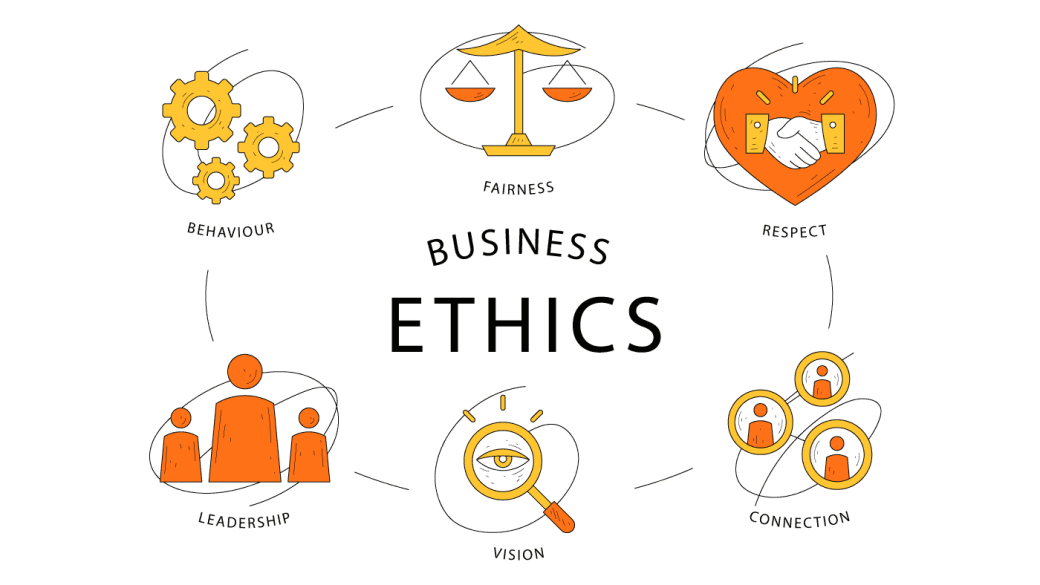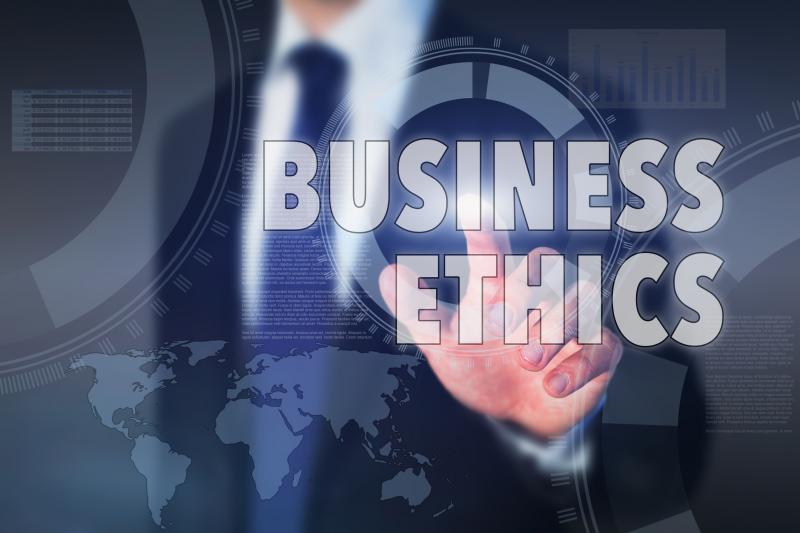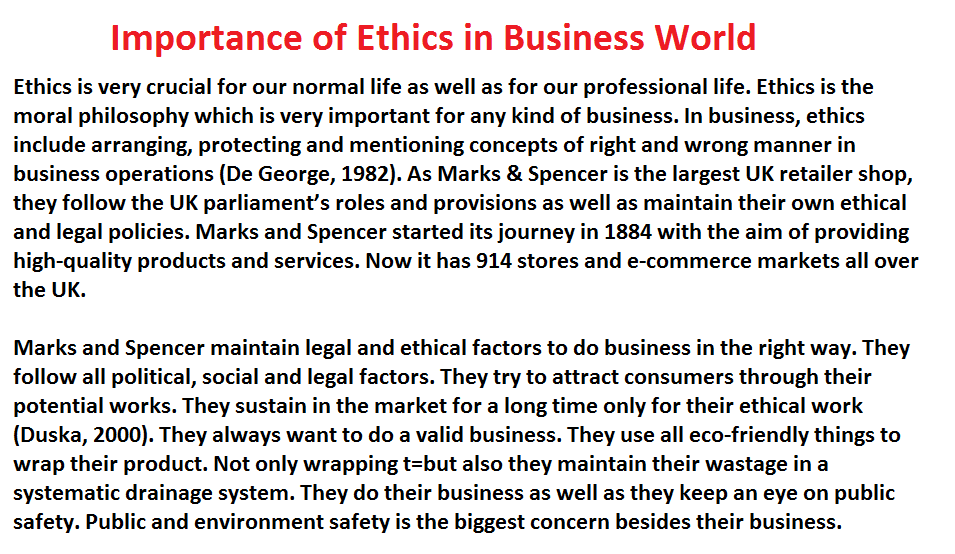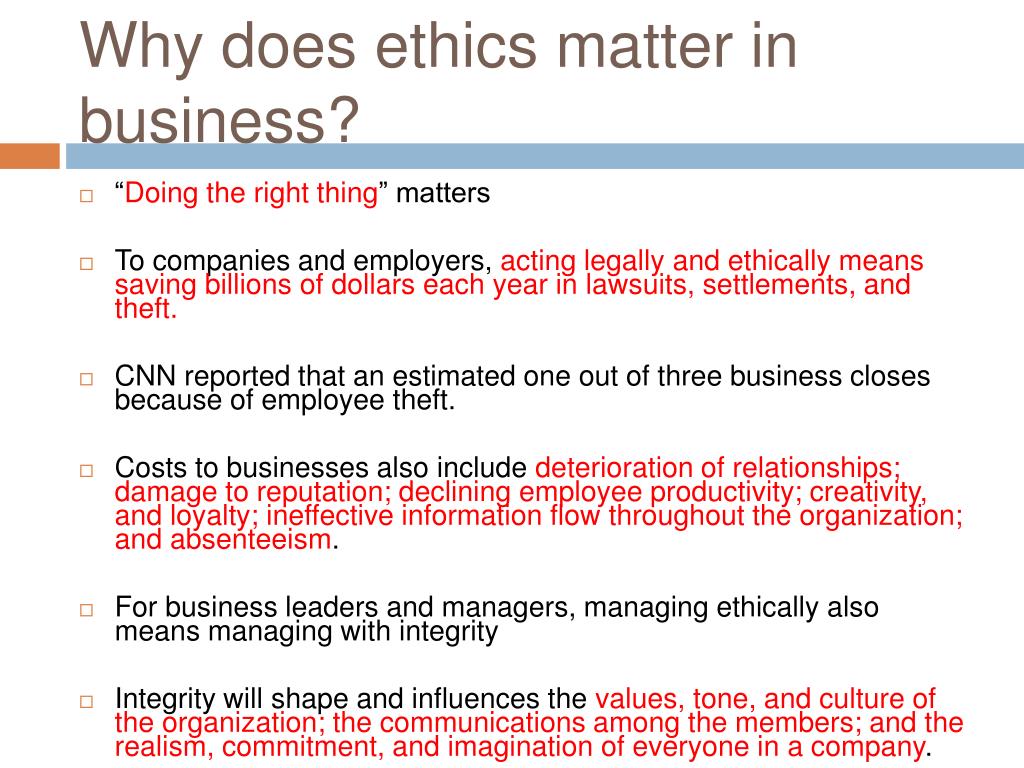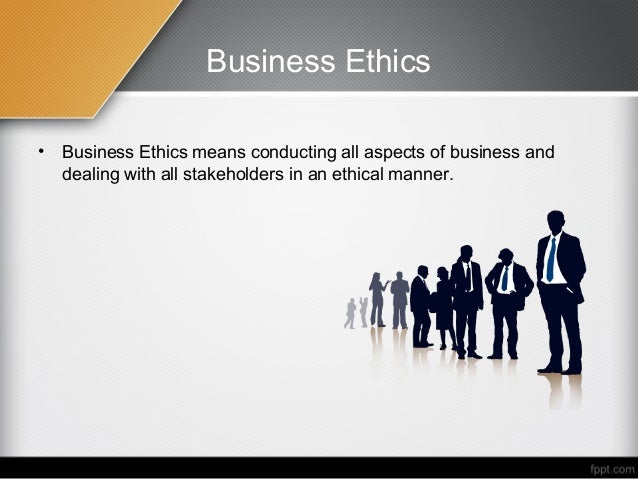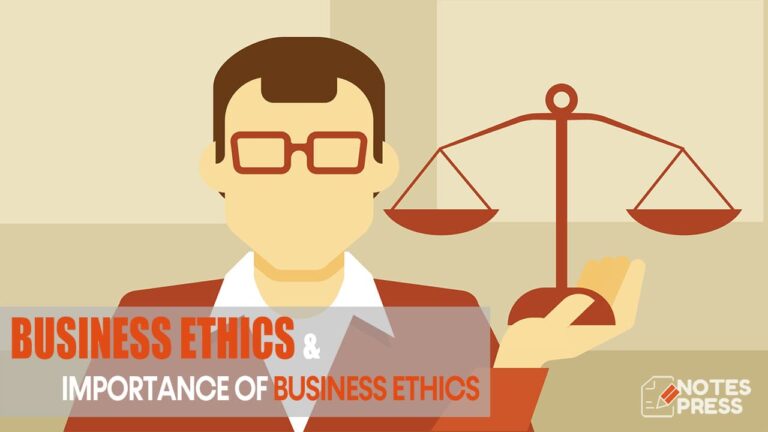Why Ethics Are Important In Business
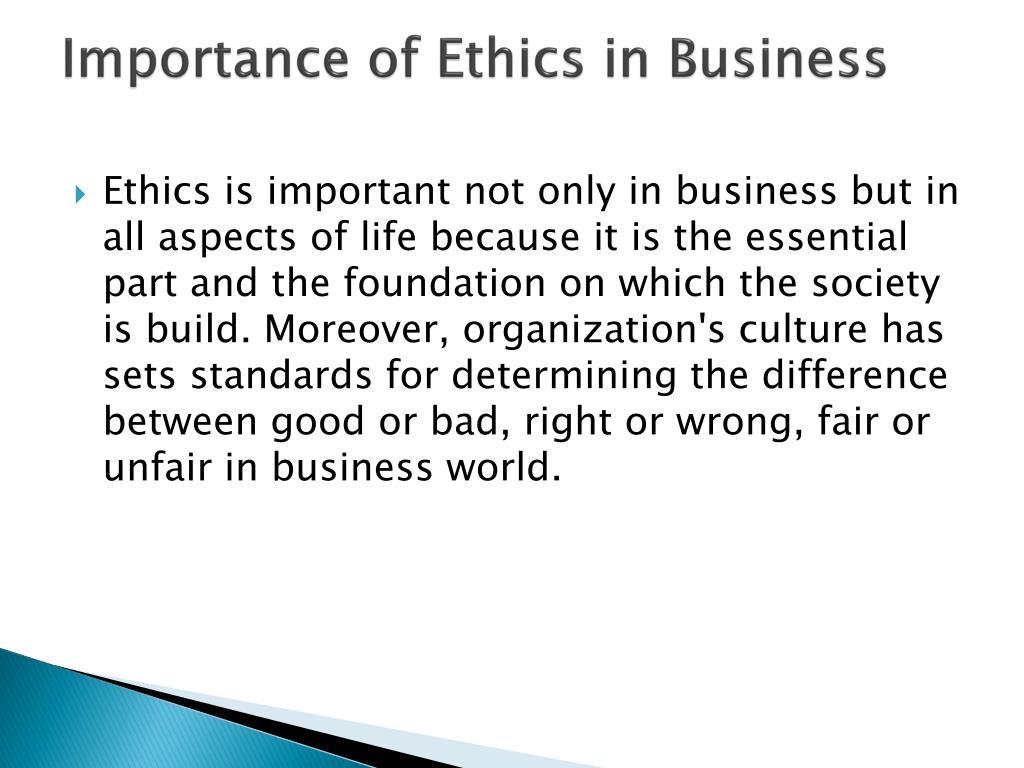
Businesses operating without a strong ethical compass risk devastating consequences, from financial ruin to irreparable reputational damage. The absence of ethics erodes trust, invites legal battles, and ultimately undermines long-term sustainability.
The High Cost of Unethical Practices
Ethical failures are not victimless crimes. They impact everyone, from employees and customers to shareholders and the broader community. Recent scandals have highlighted the severe financial and social costs associated with prioritizing profit over principles.
The Purdue Pharma opioid crisis serves as a stark example. Their aggressive marketing tactics, despite knowing the addictive nature of OxyContin, led to widespread addiction and countless deaths. This resulted in billions of dollars in fines and a tarnished reputation.
Similarly, the 2008 financial crisis was fueled by unethical lending practices and risky investment strategies. Institutions like Lehman Brothers engaged in practices that ultimately led to the collapse of the global economy.
Building a Foundation of Trust
Ethical behavior is not merely about avoiding legal repercussions. It's about fostering a culture of trust and integrity. When employees believe their organization is committed to doing the right thing, they are more engaged, productive, and loyal.
Customers are also increasingly demanding ethical and sustainable products and services. A 2023 study by Edelman found that 64% of consumers are "belief-driven buyers," choosing brands that align with their values.
Companies with strong ethical reputations often attract and retain top talent. Employees want to work for organizations that prioritize fairness, transparency, and social responsibility.
Key Elements of an Ethical Business
Establishing a robust ethical framework requires a multi-faceted approach. This includes developing a clear code of conduct, providing ethics training, and establishing channels for reporting misconduct without fear of retaliation.
Leadership plays a crucial role in setting the ethical tone. Leaders must consistently model ethical behavior and hold employees accountable for their actions. This creates a culture where ethical decision-making is valued and expected.
Transparency is also essential. Companies should be open and honest about their operations, policies, and performance. This helps to build trust with stakeholders and demonstrates a commitment to accountability.
Implementing Ethical Guidelines
Creating a whistleblower program is crucial. This allows employees to report unethical behavior without fear of retribution, ensuring transparency. Companies that offer such protection foster a culture of accountability.
Regular audits are necessary to evaluate and improve processes. They ensure policies are implemented and followed, while detecting potential shortcomings. Continuous refinement bolsters ethical integrity.
Ethics training should be continuous and comprehensive. New hires as well as established staff must undergo training to reinforce ethical principles. They ensure everyone is prepared to deal with difficult ethical questions.
The Future of Business Ethics
As businesses face increasing scrutiny, ethical behavior will become even more critical. Companies that prioritize profit over people will face reputational damage and lose customer loyalty.
Investors are also increasingly considering environmental, social, and governance (ESG) factors when making investment decisions. This means that companies with strong ESG performance are more likely to attract capital and generate long-term value.
The path forward requires a commitment to ethical leadership, transparency, and accountability. Businesses must prioritize the interests of all stakeholders, not just shareholders. This fosters a more sustainable and equitable future.
The Ethisphere Institute releases an annual list of the world's most ethical companies. This list serves as a benchmark for ethical performance and provides guidance for companies looking to improve their ethical practices.
Moving forward, businesses must proactively address ethical challenges and adapt to the evolving expectations of society. The organizations that embrace ethics as a core value will be best positioned for long-term success.

